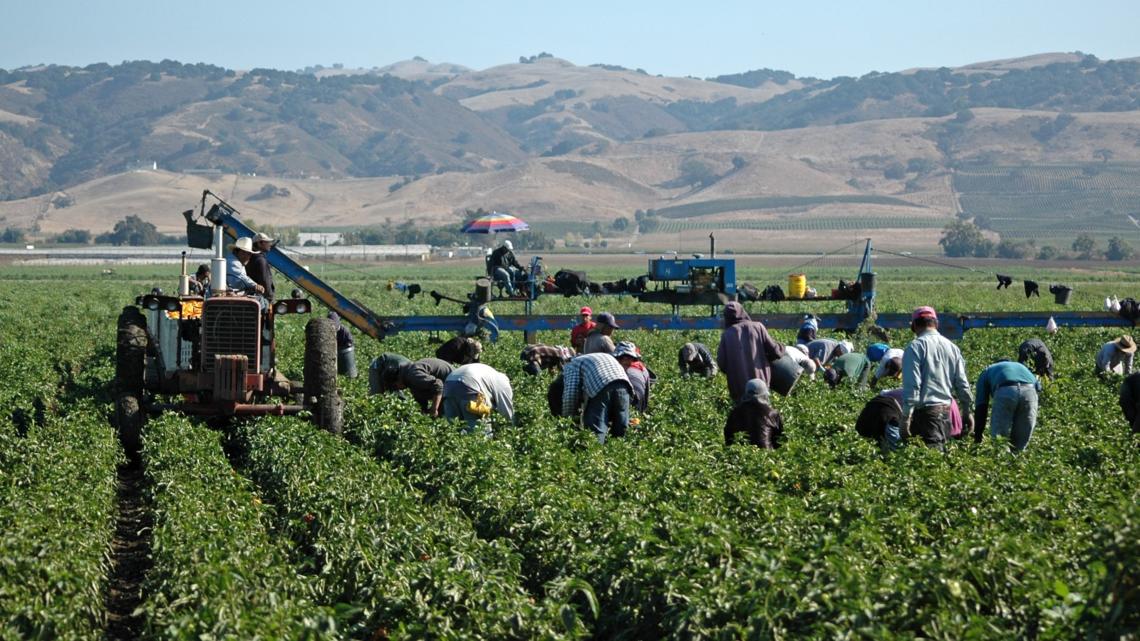B4IG publishes Key Learnings from its work cycle on Living Wage
Published: July 12, 2023

Companies have a key role to play in contributing to an economy that supports decent living standards and sustainable growth. As such, paying a living wage is a key component of respecting Human Rights. It contributes significantly to alleviating poverty, while providing significant business benefits, such as talent retention, higher productivity, and improved quality of the services provided.
Living wage commitments have become an essential part of corporate policies while external pressure on companies is intensifying notably with the inclusion of the living wage in an increasing number of reporting standards, rankings and ratings.
In this context, B4IG launched a Working Group on the Living Wage early 2021 under the leadership of Unilever and L’Oréal, with the objective to find ways to collectively advance on the topic.
The first deliverable of this Working Group was the adoption of the June 2021 Statement by the B4IG Board, emphasising the critical role of companies in alleviating poverty in their workplaces and their supply chains and calling to action on living wage.
Following this strong stance, the B4IG Working Group held a 6-month work cycle to support member companies by presenting existing resources and tools and enabling them to learn from their peers through share out sessions and discussions on common challenges. The work cycle focused on key topics such as gap analysis processes, third-party auditing, transparency, and engagement with suppliers.
With the objective to help companies advance on the topic and benefit from these exchanges, this document compiles key learnings from the work cycle on the following questions:
- How to move the living wage agenda internally?
- How to identify robust living wage data?
- What role for social dialogue and collective bargaining?
- Where to start closing the gap?
- How to be transparent and report on the living wage?
- How to accelerate the collective dynamic?